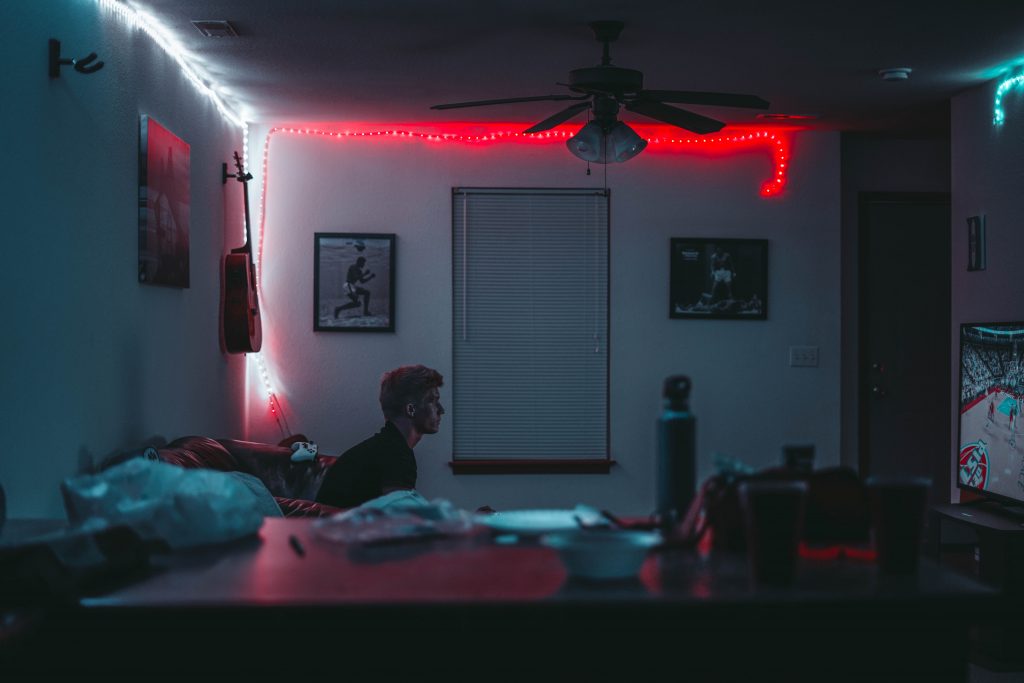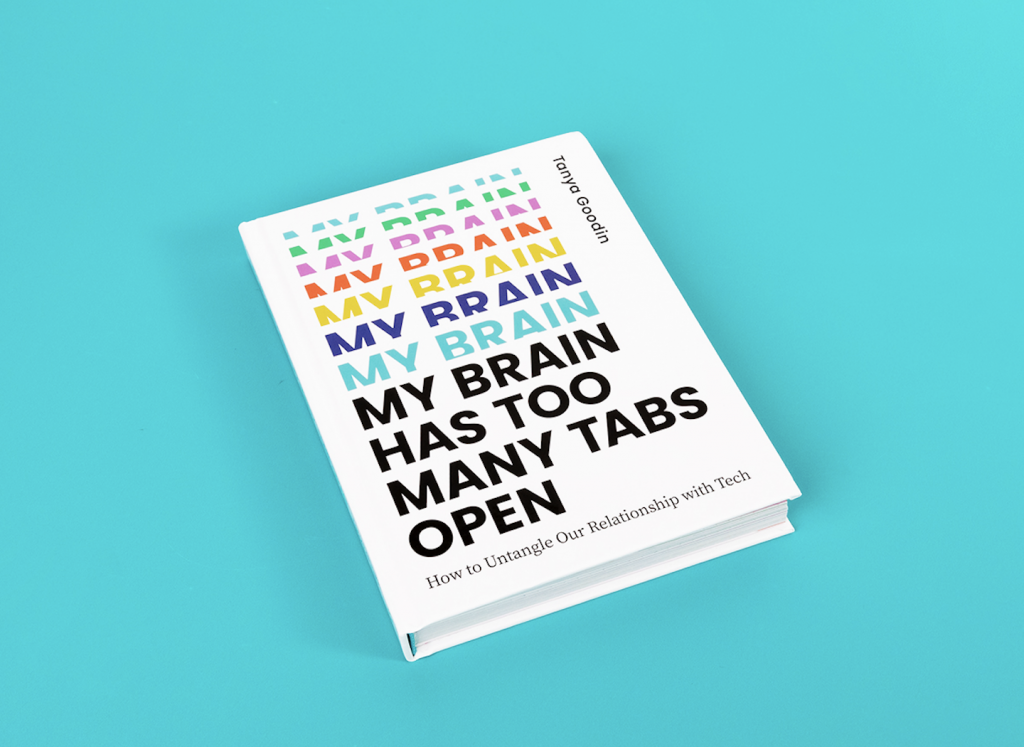In Japan, roughly half a million people live as modern hermits, hikikomori, who withdraw into their bedrooms for months or years at a time, not leaving their homes for any social contact and refusing to communicate even with their family. In 2019 a government survey found roughly 541,000 (1.57% of the Japanese population) were found to live like this.
The phenomenon was initially thought to be uniquely Japanese and was first coined by Japanese psychologist Tamaki Saitō in his 1998 book Social Withdrawal – Adolescence Without End. However it’s been identified all across the world in recent years. In China, Hong Kong and Singapore these hermits are referred to as the ‘hidden youth’ with a 2014 Hong Kong survey assessing the percentage of the population affected at 1.9% and a 2005 South Korean analysis estimating it at 0.3%. Cases are now appearing in France, Italy, Spain the US and elsewhere.
Concern around social isolation is on the rise globally. Whether due to increased awareness or a genuinely growing problem is unclear. In 2018 the UK appointed its first minister for loneliness and recent Office of National Statistics data found nearly 10% of 16 to 24-year-olds in the UK reported feeling “always or often” lonely.
“There is the dangerous phenomenon of young people becoming “social hermits” who risk alienating themselves completely from society.”
Pope Francis, 2019
A pre-pandemic survey of UK GPs found three quarters said they were seeing between one and five people a day suffering with loneliness, which is linked to a host of health problems, such as dementia, stokes and heart disease. (It’s not just the young, of course. Around 200,000 older people have not had a conversation with a friend or relative in more than a month.)
A retreat into the virtual world

When the Japanese hikikomori, all mostly men, were first identified, the theory was that their reclusiveness had been prompted and aided by a retreat from the problems of the real world into the seductive ease of the virtual one. A 2017 Hikikomori Round Table concluded that increased internet use, online gaming and the consequent rise of certain addictions could play an important part in the rising rates of social withdrawal.
Early analyses of the hikikomori found they spent more than 12 hours a day in front of the computer (a period that no longer seems all that remarkable, given the dramatic rise in internet consumption in all adults), with studies from the US and Canada pointed to an overlap between social withdrawal and internet and gaming addiction.
A 2020 report looking at the relationship between loneliness and internet use found that:
- The more time people spend on the internet, the less time they spend communicating with other people.
- 27% of ‘heavy’ Internet users report spending less time talking to friends and family over the phone.
- 15% report spending less time physically with friends and family.
- 13% report spending less time attending events outside the house.
What kind of world are we withdrawing into?
One of the problems with using the internet as a form of ‘escape’, as those who first identified the hikikomori hypothesised they were doing, is that of course it no longer represents any such thing, if it ever did. The more time spent online now in 2021, the greater the chances of encountering disinformation, trolling and harassment or fraud, all of which are on the rise.
There is also the concern that the longer young men (identified as being the most vulnerable to reclusiveness) spend online, the more likely they are to be drawn by hungry algorithms into some of the darker corners of the internet. Such as the corners where author Laura Bates encountered the incels, pick-up artists, Men Going Their Own Way (MGTOW) and Men’s Rights Activists who populate her latest book ‘Men Who Hate Women’.
Has online shopping aided our retreat?
Predictably, online shopping surged during the height of the pandemic, but recent US retail figures found that more consumers have shopped online since physical stores started re-opening than did when stores were still closed. Studies have shown that the internet shopping experience, while incredibly convenient, can reduce our day-to-day interaction within our communities, making us feel lonely. One pre-pandemic US study found that 57 per cent of those surveyed feared greater isolation within society as more people do all their shopping and administration from home, whether booking holidays, shopping or paying bills, reducing un-planned contact with those around them. Future social historians may well identify Deliveroo as the single service on the internet that’s made us lonely.
“Online food delivery and shopping platforms that provide resources and services to the doorstep may further facilitate social withdrawal and disengagement”.
John Chee Meng Wong et al, Hikikomori Phenomenon in East Asia
Commentators have debated whether the internet made us lonely almost since its inception. It’s one of those multi-layered issues that may well take decades to unpick, if we ever do. While we wait for the perspective of time, we would do well to gently remind ourselves that dozens of studies have shown that those who have satisfying relationships with their family, friends, and their community are happier, have fewer health problems, and live longer. So, although we may have everything we need at our fingertips to lead an efficient life, it may not be the most fulfilling. For that, we may need to occasionally step outside our front doors.

For more about trolling, online abuse and a manifesto for good digital citizenship – pick up a copy of my new book.
